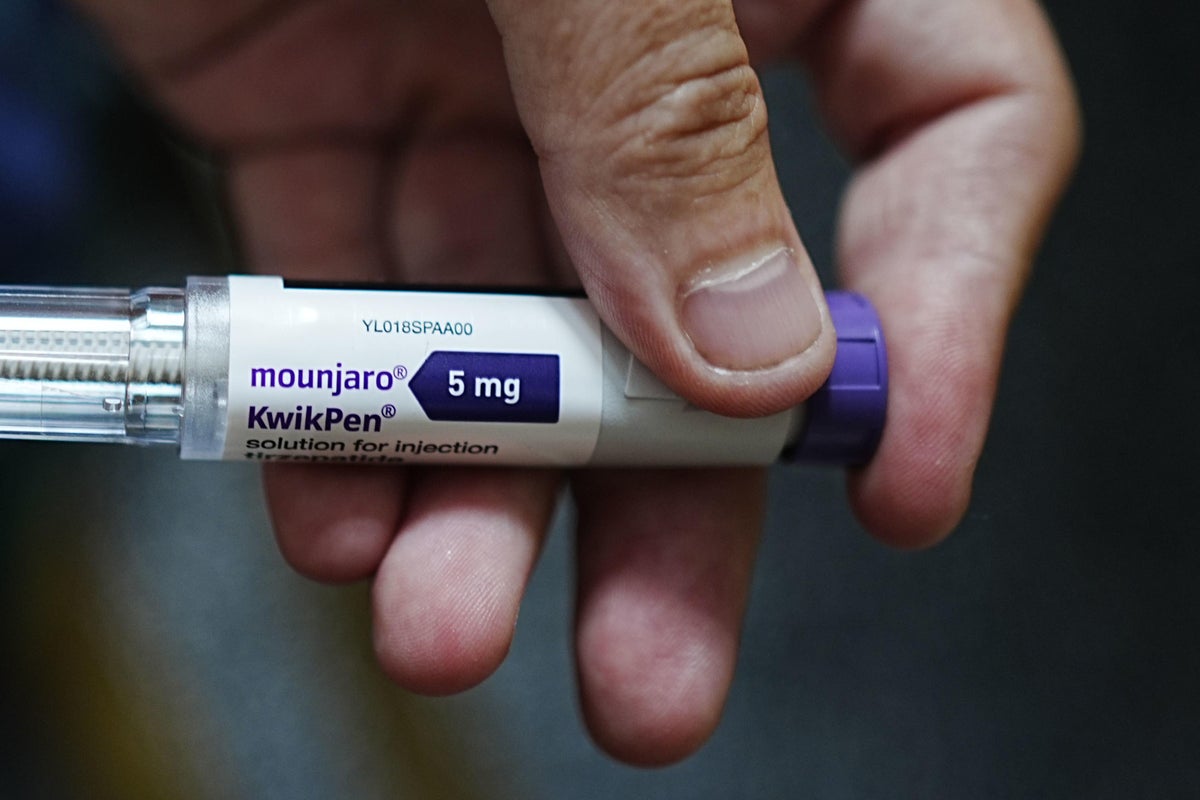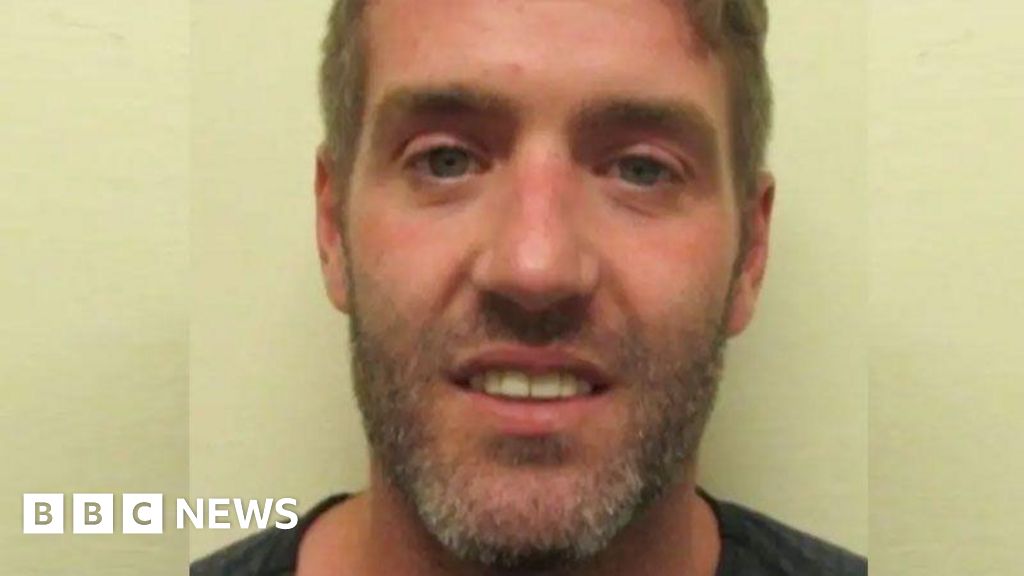The price of popular weight-loss jab Mounjaro will nearly triple after the US-owned company equalised costs in markets across the globe.
A month’s supply of the highest doses of the “King Kong” of weight loss medicine will rise from £122 to £330 – an increase of 170 per cent.
At least 500,000 people in the UK take either Mounjaro or Wegovy, another weight loss jab, via prescriptions from private online pharmacies, according to retailers.
In June, the NHS offered Mounjaro to obese patients after health experts calculated from NHS England data that there were 97,500 patients who would benefit from the treatment.
Mounjaro’s owner Eli Lily said it would not raise the price paid by the NHS, and it was working with private healthcare providers to maintain access to the jab.

The NHS said the price increase would not affect its commissioning of the medicine for people with obesity and type 2 diabetes.
Eli Lilly launched Mounjaro in the UK in February last year, while rival Novo Nordisk’s Wegovy treatment has been available in the country since September 2023.
The company said when it launched Mounjaro in the UK, it agreed to a list price “significantly below” that in its three other European markets to prevent delays in availability through the NHS.
“We are now aligning the list price more consistently,” a spokesperson said. The move reflects how the pharmaceutical industry is navigating policy changes in the US, by far its most lucrative market.
It comes after Donald Trump’s administration complained about “foreign freeloaders” who rely on the US to pay more for medicine.
Last month, he reportedly wrote to the leaders of pharmaceutical companies, including Eli Lilly, asking them to match US prescription drug prices with what is paid overseas.

The US pays more for prescription drugs than any other country, often nearly three times as much as other developed nations.
In the UK, the NHS was told to offer Mounjaro to patients with a BMI of over 40 and at least four clinical conditions related to their weight, such as heart disease or type 2 diabetes.
Over the next three years, about 240,000 patients are expected to be eligible for the treatment.
It came after the National Institute for Health and Care Excellence (Nice) warned many individuals might regain weight if not adequately supported after ceasing treatment.
It stressed that those coming off the drugs should be offered “structured advice and follow-up support” to mitigate weight gain. This guidance applies to individuals receiving these treatments through the NHS.
The new “quality standard” from Nice said NHS patients should be monitored for at least a year after they complete treatment, and extra support should be offered if needed.
It emphasises building “long-term behavioural habits, use self-monitoring tools, and draw on wider support – from online communities to family-led interventions and local activities”.
This standard, a type of guidance for the health services in England and Wales, sets out expectations for health providers including how they should support patients.
Weight-loss injections, also known as GLP-1 receptor agonists, work by mimicking the natural hormone which regulates blood sugar, appetite and digestion.





